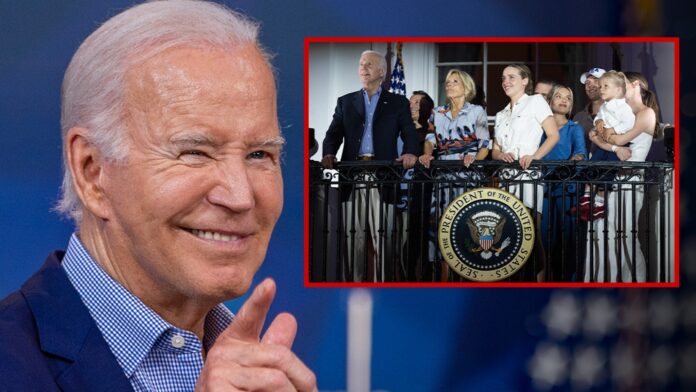## Last Minute Legacy? Biden’s Family Favors Raise Eyebrows as He Exits Stage
As the clock ticks down on his presidency, President Biden is making waves – not with policy pronouncements or grand gestures, but with a series of controversial pardons. This time, the spotlight shines on his own family, sparking heated debate about the line between political influence and personal prerogative.
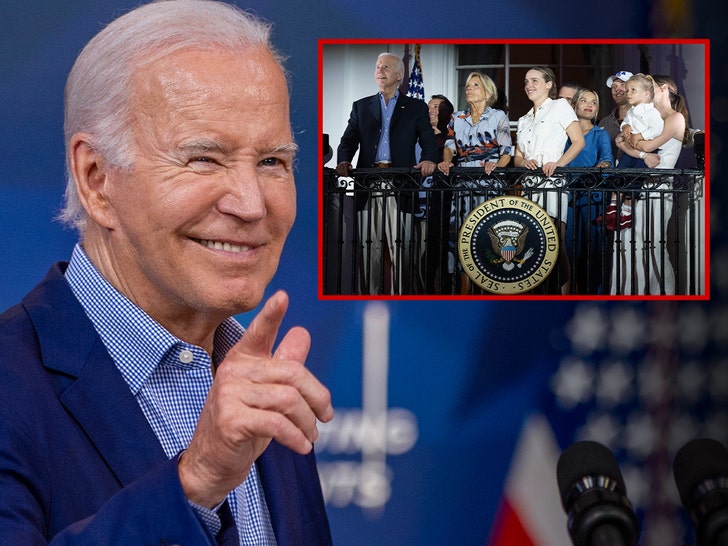
In a move that some are calling an unprecedented act of familial loyalty, Biden has extended clemency to multiple members of his family, raising questions about potential conflicts of interest and the implications for the future of justice. Was this a final act of grace or a parting shot that could leave a lasting stain on his legacy?
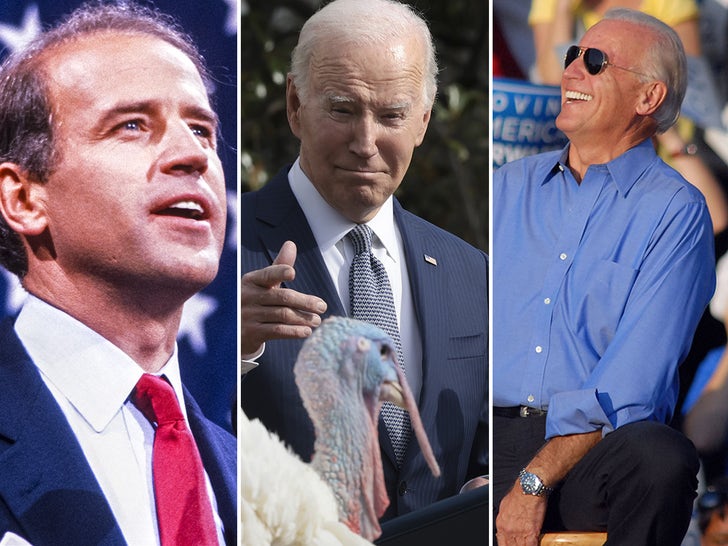
Last-Minute Pardons: A Move to Protect Family Members
The Pardoned Family Members
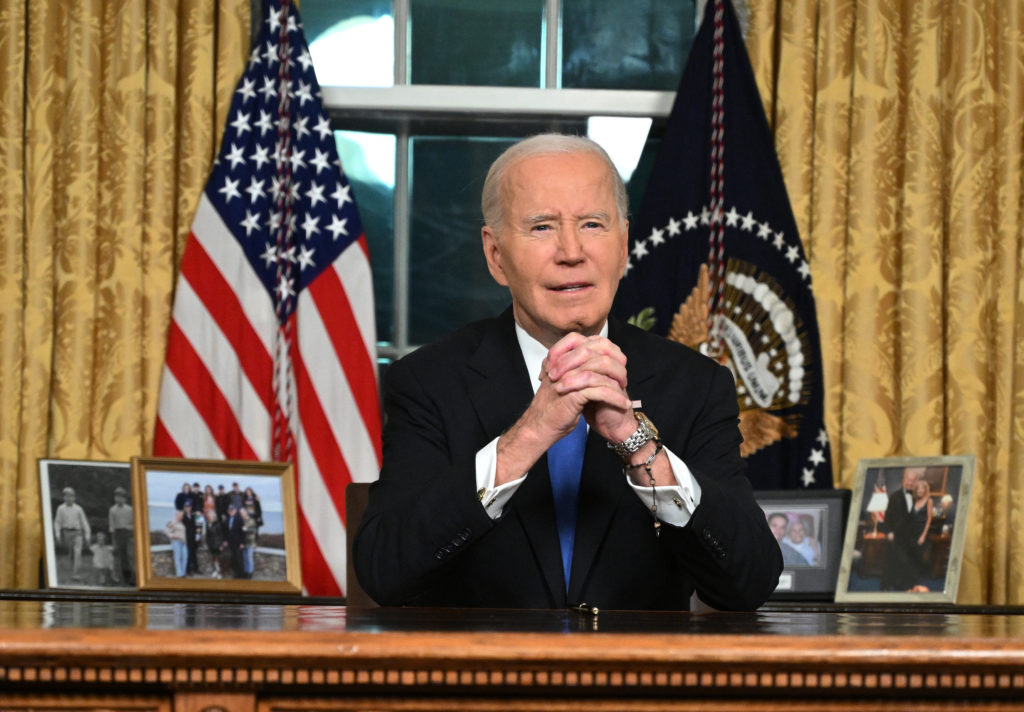
In a surprising move on his final day in office, President Joe Biden issued pardons for several members of his family, including his two brothers, James Biden and Francis Biden, his sister Valerie Biden Owens, and their spouses. This action came just moments before Donald Trump was sworn in as the 47th President of the United States.
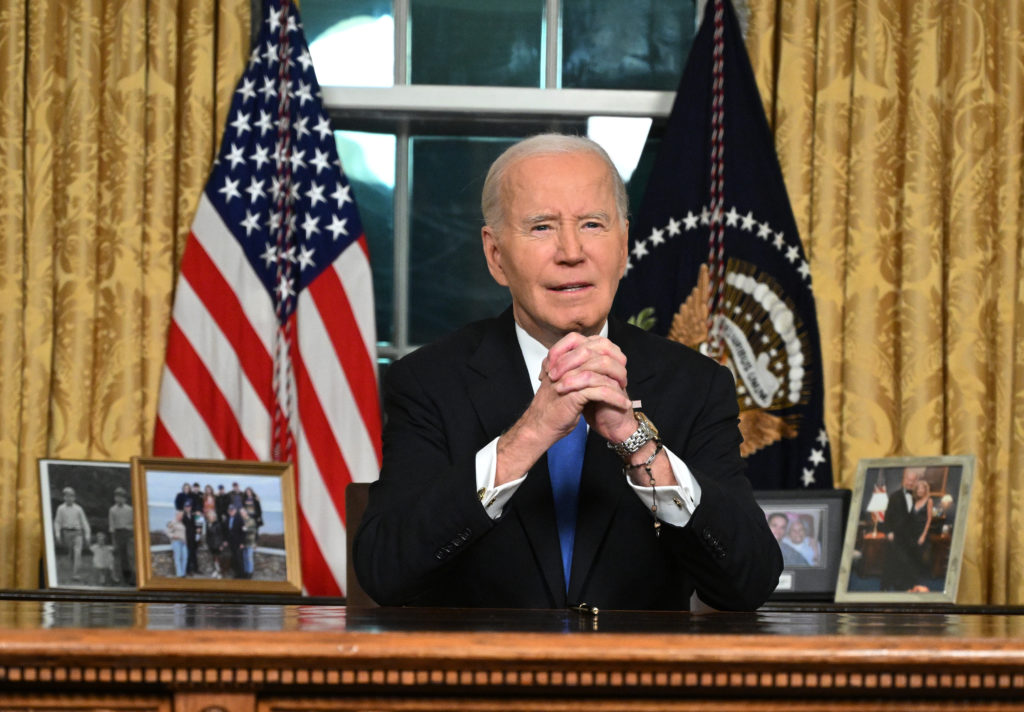
The Statement from the White House
The White House issued a statement explaining the rationale behind the pardons, claiming that Biden’s family had been subjected to “unrelenting attacks and threats, motivated solely by a desire to hurt me — the worst kind of partisan politics.” The statement continued, “Unfortunately, I have no reason to believe these attacks will end.” This suggests that Biden believes these pardons are necessary to protect his family from potential future political persecution.
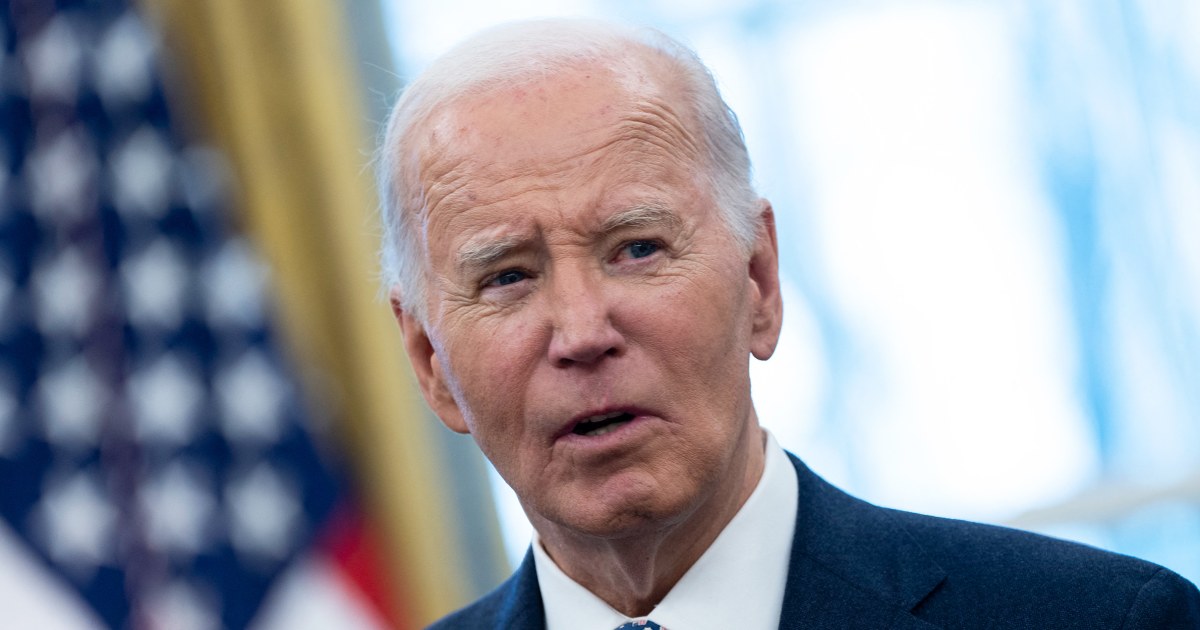
Claims of Hypocrisy from Republicans
The pardons were met with swift criticism from Republicans, who accused Biden of hypocrisy and potential abuse of power. Many pointed to Biden’s previous statements against pre-emptive pardons, particularly those issued by then-President Trump. During his campaign, Biden had condemned Trump’s potential use of pardons to shield his children and allies from legal consequences. Republican Representative James Comer, who led an investigation into the Biden family’s business dealings, stated, “President Biden’s preemptive pardons for the Biden Crime Family serve as a confession of their corruption as they sold out the American people to enrich themselves.”
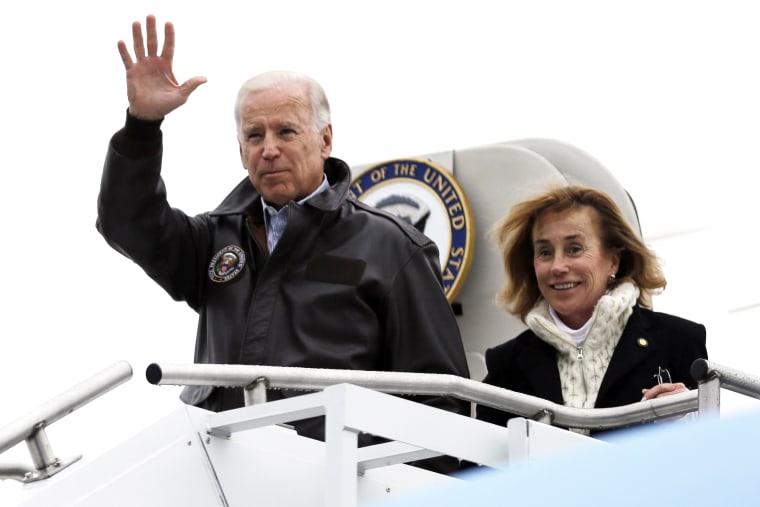
A Precedent for Protection: Understanding the Motivation Behind the Pardons
Political Retaliation: A Growing Concern
Biden’s decision to pardon his family members is likely driven by a deep concern about political retaliation. During the 2020 presidential campaign, Trump repeatedly hinted at the possibility of using the Department of Justice to target his political opponents. This, coupled with the increasingly partisan nature of American politics, may have led Biden to believe that his family was vulnerable to politically motivated investigations and prosecutions.
Trump’s Promise to Use the DOJ for Retribution
Trump’s campaign rhetoric, specifically his promise to use the Department of Justice to target his enemies, played a significant role in shaping Biden’s decision. While Trump never explicitly named Biden’s family as targets, his broad threats against political opponents created a climate of fear and uncertainty. Biden’s pardons can be seen as a preemptive strike against this potential threat.
The Pardons as a Measured Response
Biden’s actions can be viewed as a measured response to a perceived threat. While the pardons were controversial, they were not issued lightly. By pardoning his family members, Biden is attempting to ensure their safety and security in the event that Trump or his allies attempt to pursue legal action against them.
Broader Implications: A Shift in the Balance of Power
The Pardons and the Rule of Law
The pardons have sparked a debate about the balance between executive power and the rule of law. Critics argue that Biden’s actions set a dangerous precedent, allowing presidents to shield their families from accountability, which could undermine public trust in the justice system. Supporters, on the other hand, argue that Biden acted within his constitutional authority and that the pardons were necessary to protect his family from undue political pressure.
The Potential for Future Precedents
The pardons could have far-reaching implications for future administrations. It remains to be seen whether this action will encourage other presidents to use their pardon power in similar ways. The precedent set by Biden could potentially lead to a more politicized justice system, where the rule of law is subordinate to the interests of those in power.
The Reaction from Democrats and Republicans
The reaction to Biden’s pardons has been sharply divided along partisan lines. Democrats have largely defended Biden’s actions, arguing that he was protecting his family from baseless attacks. Republicans, however, have condemned the pardons as a blatant abuse of power and a betrayal of the public trust.
A Look Back: Historical Precedents and Comparisons
Bill Clinton’s Pardon of Roger Clinton
While not as controversial as Biden’s pardons, Bill Clinton’s decision to pardon his brother Roger Clinton for drug charges in 2001 drew criticism. Roger Clinton had served time in prison for his conviction, and the pardon was seen by some as an attempt to shield a family member from the consequences of their actions.
Trump’s Pardons of Allies and Family Members
Trump’s use of the pardon power during his presidency was far more extensive and controversial than Biden’s. He pardoned several allies convicted in the special counsel’s investigation into Russian interference in the 2016 election, including former campaign chairman Paul Manafort and former national security advisor Michael Flynn. Trump also pardoned his son-in-law Jared Kushner’s father, Charles Kushner, who had been convicted of tax evasion, witness tampering, and illegal campaign contributions.
Comparing the Pardons: A Shift in the Administration’s Stance
The differences between Biden’s pardons and those issued by Clinton and Trump highlight a shift in the way presidents have approached the pardon power. While Clinton’s pardon was for a specific criminal conviction, and Trump’s pardons were often seen as politically motivated, Biden’s pardons are intended to protect his family from potential future investigations and prosecutions.
The Fallout: Consequences and Criticisms
Criticisms from Republicans and Democrats
The pardons have drawn criticism from both Republicans and Democrats. Republicans argue that Biden set a dangerous precedent by pardoning his family without any evidence of wrongdoing. Democrats, while mostly supportive of Biden’s actions, have expressed concerns about the potential for abuse of the pardon power in the future.
The Reaction from the Public and Media
Public reaction to the pardons has been mixed, with some expressing outrage at what they see as a blatant abuse of power, while others defend Biden’s actions as necessary to protect his family. The media has also been divided, with some outlets highlighting the potential implications for the rule of law, while others focusing on the political motivations behind the pardons.
The Potential for Future Consequences
The long-term consequences of Biden’s pardons remain to be seen. The actions could potentially lead to further erosion of public trust in the justice system and exacerbate the already-deep political divide in the United States. It is also possible that future presidents may be emboldened to use the pardon power in similar ways, setting a dangerous precedent for years to come.
Conclusion
This isn’t your typical last-minute scramble for a President heading out the door. Joe Biden’s decision to pardon family members in his final act raises more questions than answers. While the White House frames it as a simple act of family reconciliation, the optics are undeniable. Critics argue it sets a dangerous precedent, potentially undermining the very notion of equal justice under the law.
The implications of this move ripple far beyond the Biden family. It fuels existing debates about presidential power and the potential for abuse, especially when it comes to matters of personal relationships. This act, seemingly motivated by personal ties rather than broader societal considerations, begs the question: where does personal loyalty end and the public trust begin? As the nation looks ahead, it’s crucial to reflect on this unprecedented act and its potential to shape the future of presidential pardons and the delicate balance between personal and public life.
This isn’t just about a family’s forgiveness; it’s about a nation grappling with the weight of its ideals and the uncomfortable truths about power. The echoes of this decision will undoubtedly resonate for years to come.
